Dana-Farber Cancer Institute | Strategic Alliance Partners
Latest from Dana-Farber Cancer Institute
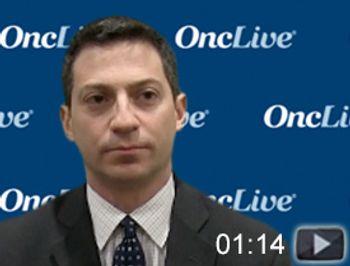
Matthew S. Davids, MD, MMSc, director, Center for Lymphocytic Leukemia, physician, Dana-Farber Cancer Institute, and assistant professor of medicine, Harvard Medical School, discusses exciting data with acalabrutinib (Calquence) in chronic lymphocytic leukemia (CLL).
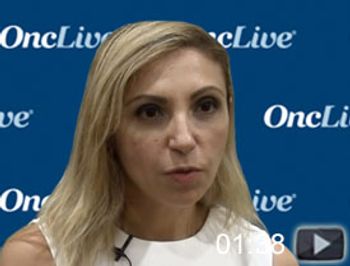
Irene Ghobrial, MD, discusses the combination of ixazomib (Ninlaro), lenalidomide (Revlimid), and dexamethasone in smoldering multiple myeloma.
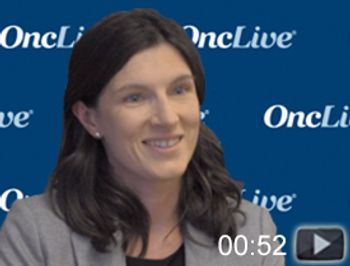
Julia Rotow, MD, discusses remaining questions with brigatinib in ALK-positive non­–small cell lung cancer.
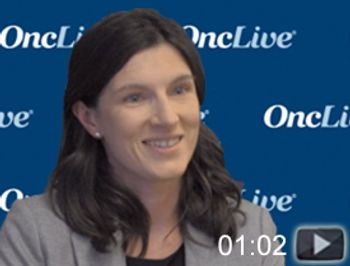
Julia Rotow, MD, discusses the implications of next-generation ALK inhibitors in non–small cell lung cancer.
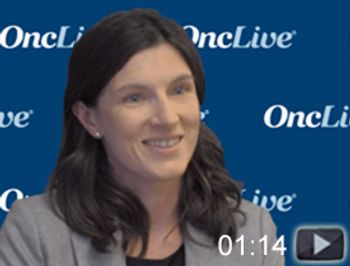
Julia Rotow, MD, discusses the utility of brigatinib versus crizotinib for the first-line treatment of patients with ALK-positive non

Jacqueline S. Garcia, MD, discusses the design and findings of a phase II trial of navitoclax and details next steps for the BCL-XL/BCL-2 inhibitor.
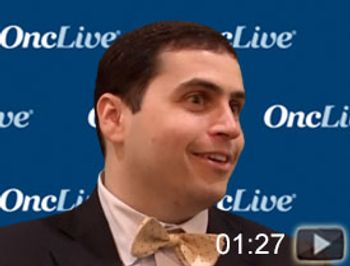
David A. Braun, MD, PhD, discusses the evolution of immunotherapy in advanced renal cell carcinoma.
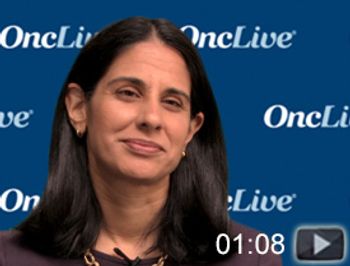
Sara M. Tolaney, MD, MPH, discusses the advantages of circulating tumor DNA versus tissue biopsy in breast cancer.
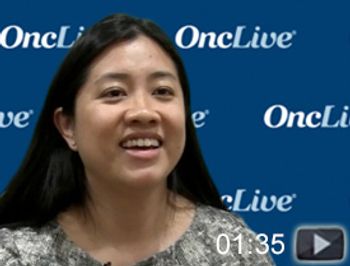
Jacqueline S. Garcia, MD, instructor in Medicine, Department of Medical Oncology, Harvard Medical School, and physician, Dana-Farber Cancer Institute, discusses research with the combination of navitoclax and ruxolitinib (Jakafi) in patients with myelofibrosis.
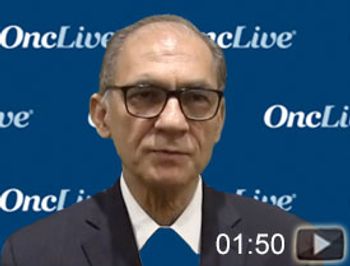
Nikhil C. Munshi, MD, discusses the antitumor effect of NKTR-255 in patients with multiple myeloma.
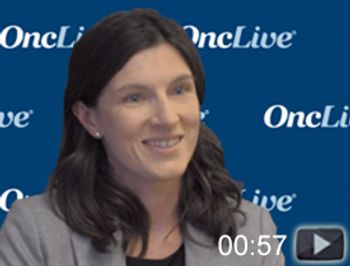
Julia Rotow, MD, discusses updated data from the phase III ALEX trial in ALK-positive non–small cell lung cancer.

Nancy U. Lin, MD, discusses research focusing on CNS penetration in HER2-positive metastatic breast cancer.
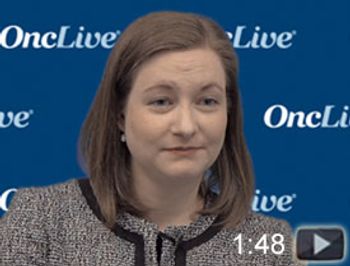
Hanneke Poort, PhD, discusses research regarding fatigue as an adverse event in patients with gynecologic cancer.
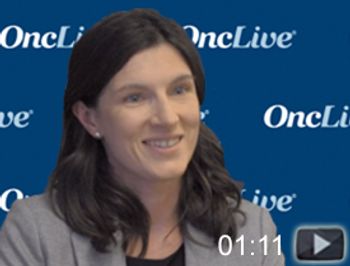
Julia Rotow, MD, discusses the safety profile of brigatinib in ALK-positive non–small cell lung cancer.
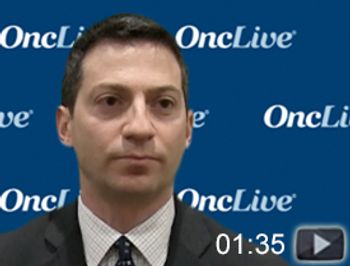
Matthew S. Davids, MD, MMSc, associate director, Center for Lymphocytic Leukemia, physician, Dana-Farber Cancer Institute, and assistant professor of medicine, Harvard Medical School, discusses the potential cost effectiveness of a 12-month fixed duration of venetoclax (Venclexta) in combination with obinutuzumab (Gazyva) in first-line chronic lymphocytic leukemia (CLL).
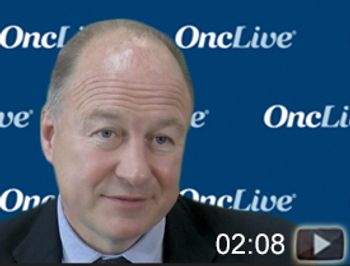
Paul G. Richardson, MD, clinical program leader and director of clinical research, Jerome Lipper Multiple Myeloma Center, and institute physician, Dana-Farber Cancer Institute, and RJ Corman Professor of Medicine at Harvard Medical School, discusses the preliminary data that has been reported with belantamab mafodotin (GSK2857916) in multiple myeloma.
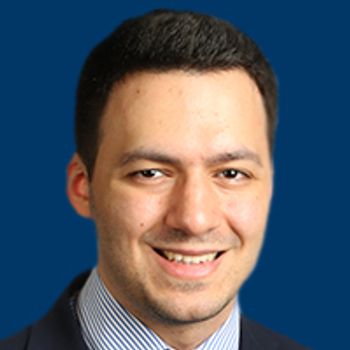
New Perioperative Strategies Emerge for High-Risk, Resectable RCC
ByZiad Bakouny, MD, MSc,Ronan Flippot, MD, MSc,David A. Braun, MD, PhD,Lauren C. Harshman, MD,Toni K. Choueiri, MD The current management of metastatic renal cell carcinoma reflects the progress of medical oncology throughout the past several decades. The standard of care has evolved from cytokine-based therapies to targeted molecular therapies and immune checkpoint inhibitor–based strategies.
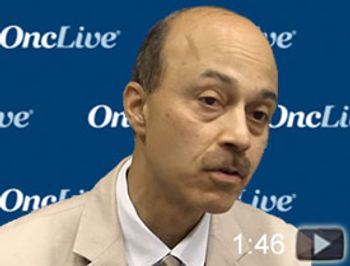
Guru P. Sonpavde, MD, discusses the safety profile of erdafitinib, which was approved by the FDA in April 2019 to treat adult patients with locally advanced or metastatic bladder cancer with an FGFR3 or FGFR2 alteration that has progressed on platinum-containing chemotherapy.
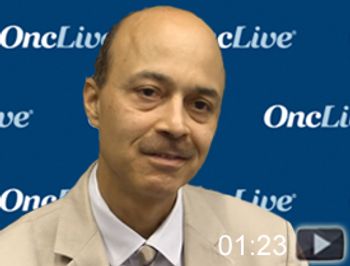
Guru P. Sonpavde, MD, discusses current neoadjuvant immunotherapy options in bladder cancer based on cisplatin eligibility status.
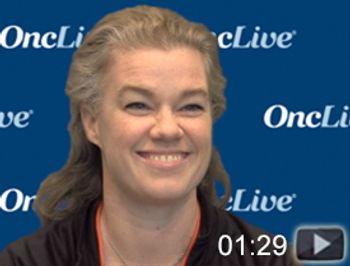
Kathleen Mahoney, MD, PhD, discusses the potential of targeting V-domain immunoglobulin containing suppressor of T-cell activation in renal cell carcinoma.
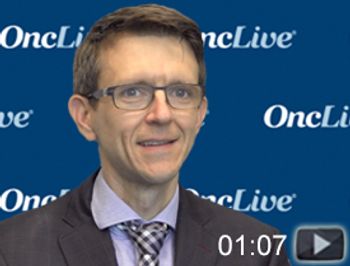
Bradley McGregor, MD, discusses the challenges of developing treatment strategies for patients with non-cell clear renal cell carcinoma.
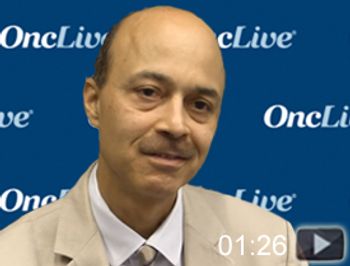
Guru P. Sonpavde, MD, director, Bladder Cancer, and physician, Dana-Farber Cancer Institute, discusses the results of the phase II EV-201 trial in patients with locally advanced or metastatic urothelial cancer.

Although clonal hematopoiesis of indeterminate potential is recognized as a risk factor for developing hematological neoplasms, a growing body of evidence points to its potential significance in broader clinical scenarios.
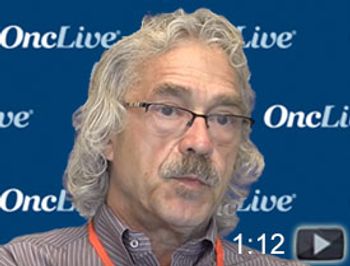
Wayne A. Marasco, MD, PhD, discusses ways CAR T cells are being engineered to avoid on-target adverse events in solid tumors.
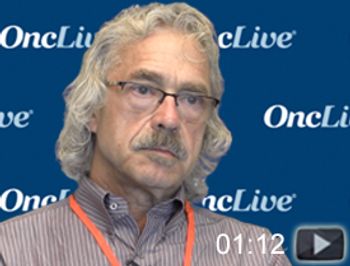
Wayne A. Marasco, MD, PhD, discusses the intricacy of engineering CAR T cells and the early data he has observed with CAR T-cell therapy in renal cell carcinoma.
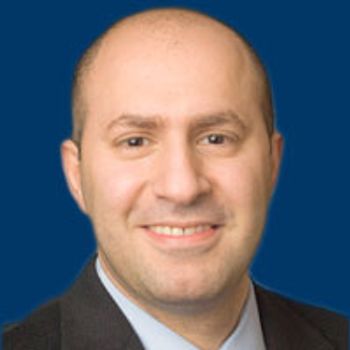
Toni Choueiri, MD, discusses the rationale behind the Kidney Cancer Research Summit and recent advances in the renal cell carcinoma landscape.
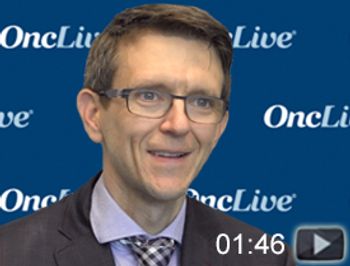
Bradley McGregor, MD, clinical director, Lank Center for Genitourinary Oncology, senior physician, Dana-Farber Cancer Institute, and instructor of medicine, Harvard Medical School, discusses how to choose between combination treatments in advanced renal cell carcinoma.
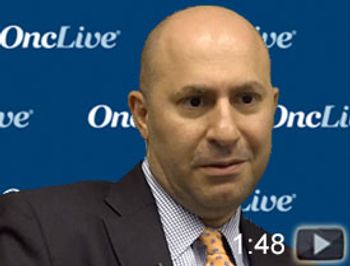
Toni Choueiri, MD, discusses what therapy to give patients with renal cell carcinoma after they have received a PD-1/PD-L1 blockade.
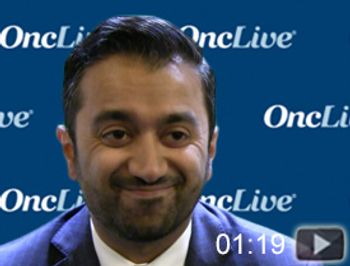
Omar Nadeem, MD, a physician at Dana-Farber Cancer Institute and an instructor in medicine at Harvard Medical School, discusses individualizing therapy for patients with multiple myeloma.
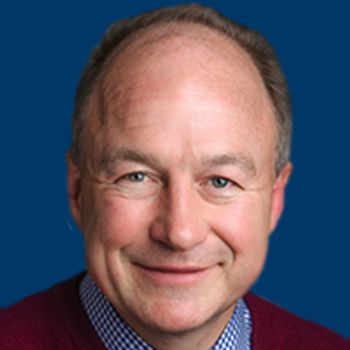
Paul G. Richardson, MD, reviews the results of the phase III ICARIA-MM trial as well as preliminary data regarding melflufen in relapsed/refractory multiple myeloma.































